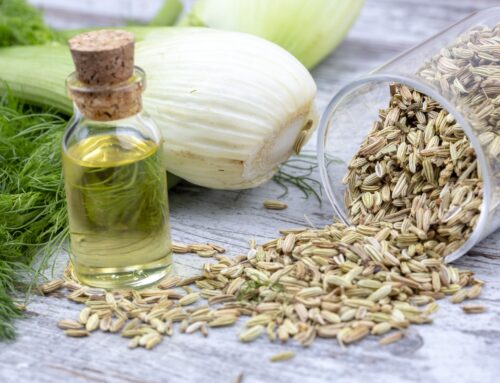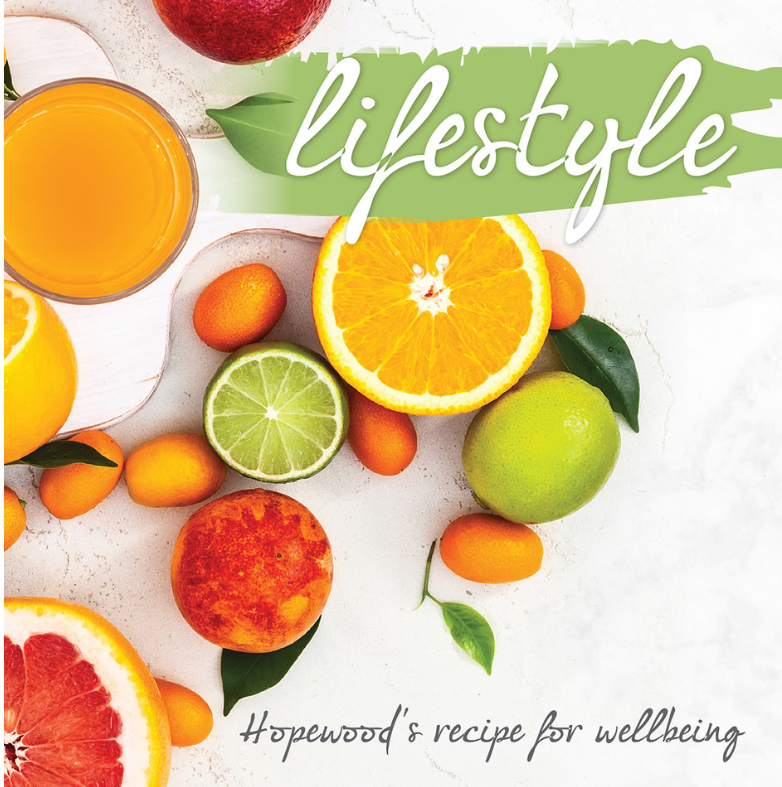You are what your gut bacteria eat

You’ve heard the saying “You are what you eat” but have you thought about what the bacteria in your stomach is eating? And how does this impact on your health?
In case you’re a little grossed out by the idea that your insides are teeming with trillions of foreign life forms, you might be surprised to know that even your own cells contain bacteria DNA. We truly are more bug than human!
Each person’s bacteria are unique, just like a fingerprint. However all humans’ microbiomes can be broadly classified into two categories: Prevotella and Bacteroides species.
The Bacteroides species in your colon are associated with bowel cancer, Type 1 Diabetes and Coeliac Disease. The Prevotella species produce short chain fatty acids that protect your body against illnesses.
The good news is that you have an amazing degree of control over the dominant type of bacteria you grow in your gut. It all comes down to what you put in your mouth.
A diet high in fat tends to breed the Bacteroides-dominant enterotype. A diet rich in carbohydrate and fibre attracts the Prevotella species that ferment the indigestible residues in your colon, producing short chain fatty acids that protect against illnesses.
Even more remarkable, your gut microbiome begins to shift within just 24 hours of changing your diet in either direction. Feed your Prevotella bacteria with fibre, resistant starch from legumes, vegetables, whole grains, fruits and nuts and they will begin replicating at a rapid rate whilst overtaking unfavourable bacteria.
This has powerful implications for those already suffering from a microbiome-related condition including irritable bowel syndrome or bowel polyps.
Foods that are given to babies, particularly within the Western-style diets may have long-term implications for their health, with Western-style dietary patterns dominated by animal products and fibreless refined carbohydrates, establishing an enterotype that sets us up for Western-style diseases.
Adopting a low fat, high nutrient, wholefood plant-based diet can dramatically improve your gut health.
Remember, if you look after your gut microbiome, it will look after you!
Article from Hopewood contributor Robyn Chuter.









